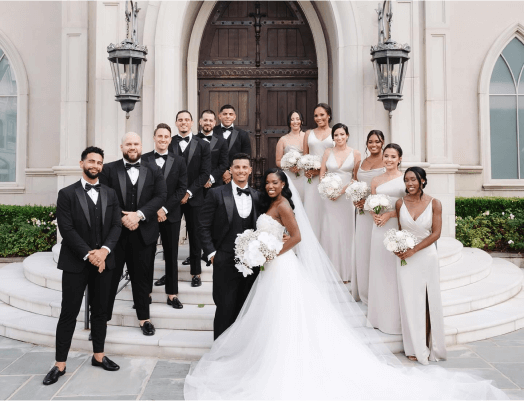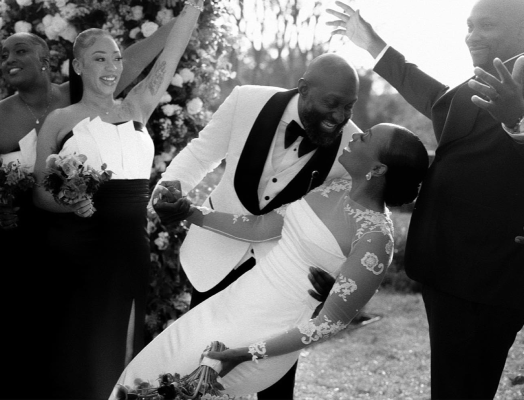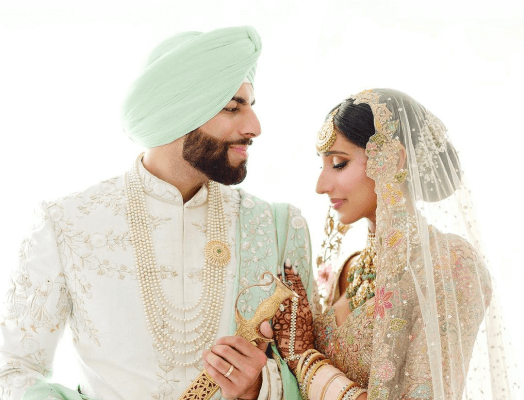Expert Strategies to Build Security in Relationships
- Author: Natali Grace Levine
- Reading time: 5 min 58 sec
- Publication date: 09/17/2024
- Updated: 09/12/2025
Picture this: You're curled up on the couch with your partner, laughing at a silly rom-com. As the credits roll, you realize you haven't checked your phone in hours. You're not worried about what they're thinking or doing – you're just... happy. That, friends, is what relationship security feels like.
In today's world of swipe-right dating and social media comparisons, finding true security in a relationship can feel like searching for a unicorn. But here's the thing: it's not just possible, it's essential for a healthy, thriving partnership. Let's dive into what being secure in a relationship really means, why it matters, and how you can build it with your special someone. Whether you're just starting out or you've been together for years, this guide is for anyone who wants to create a rock-solid foundation for love.


Find Your Perfect Wedding Vendors
What is Security in a Relationship
Relationship security is like having an emotional safety net. It's the feeling that you can be your true self with your partner, flaws and all, without fear of judgment or rejection. When you're secure in your relationship, you trust each other deeply and feel confident in your connection, even when life throws curveballs your way.
Think of it as the opposite of constantly walking on eggshells or playing mind games. In a secure relationship, you:
- Feel comfortable expressing your needs and emotions
- Trust your partner's words and actions
- Don't constantly worry about infidelity or abandonment
- Support each other's individual growth and independence
- Work through conflicts as a team, rather than opponents
It's important to note that security doesn't mean you never have doubts or disagreements. It means you have the tools and trust to work through those challenges together.


Why Feeling Secure in a Relationship is Crucial

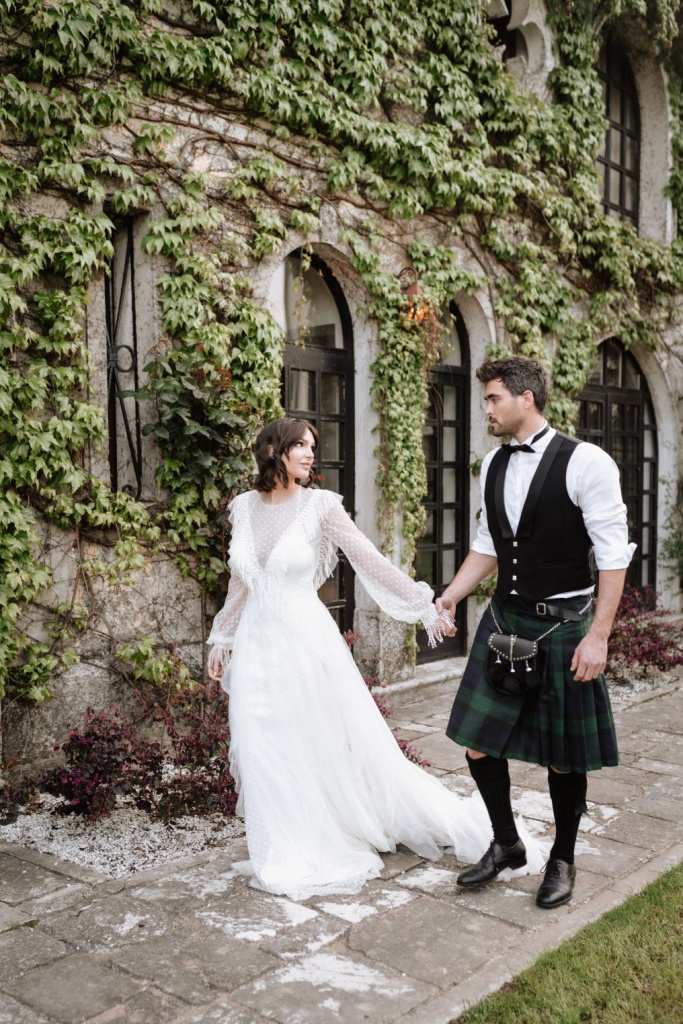
Feeling secure in your relationship isn't just a nice-to-have – it's the bedrock of a happy, healthy partnership. Here's why it matters so much.
Better Communication


When you feel secure, you're more likely to express yourself honestly and listen openly to your partner. A renowned relationship expert notes that "Trust is built in very small moments." These moments of open communication contribute to a stronger sense of security.
Reduced Stress and Anxiety
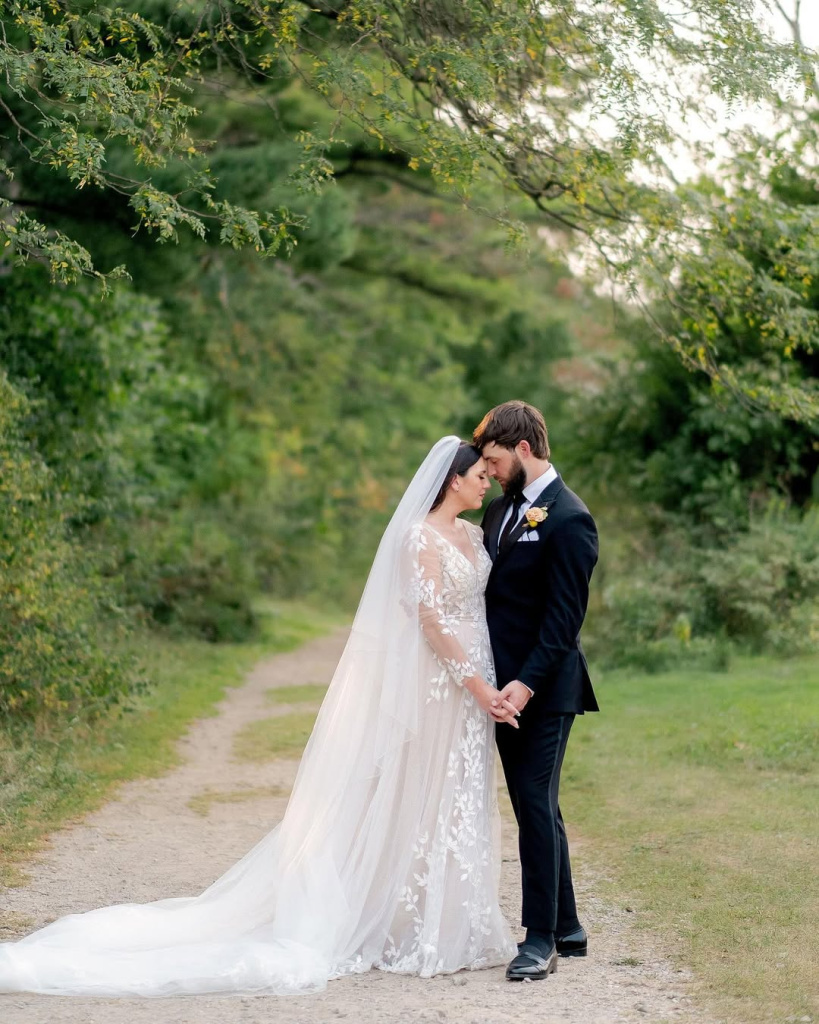
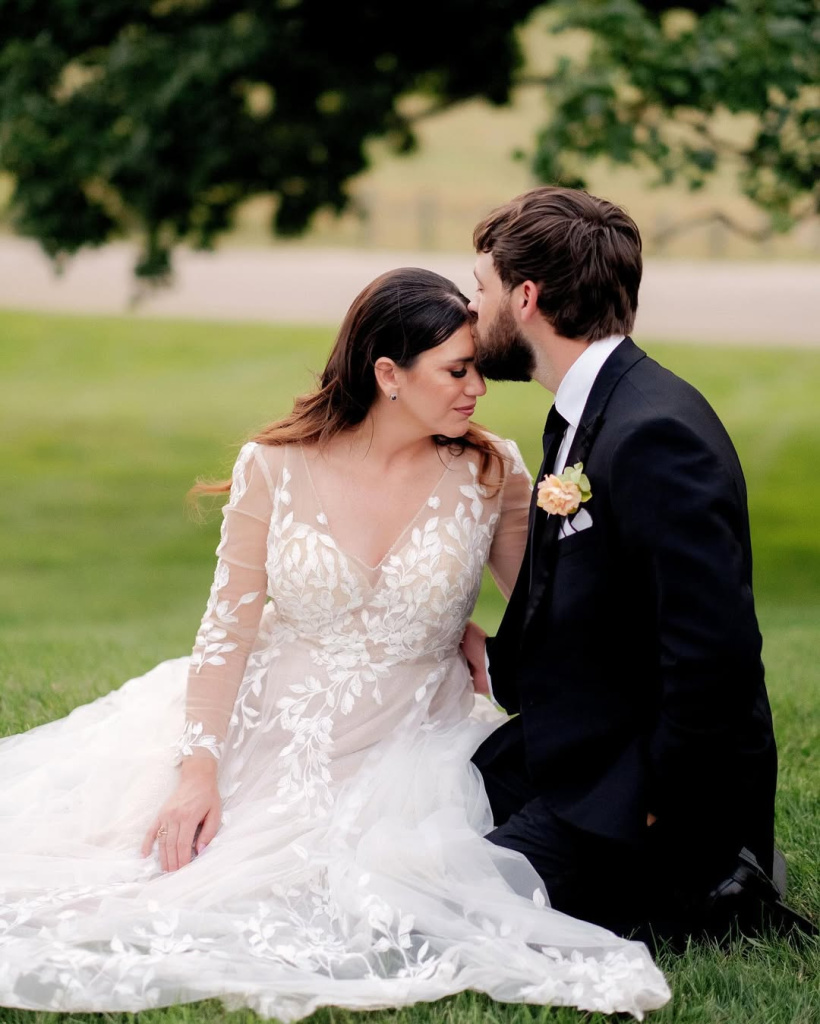
Constantly worrying about your relationship takes a toll on your mental health. Security allows you to relax and enjoy your time together. According to Dr. Sue Johnson, creator of Emotionally Focused Therapy, "When we feel securely attached, we feel safer in the world and more empowered to take risks and explore."
Increased Intimacy
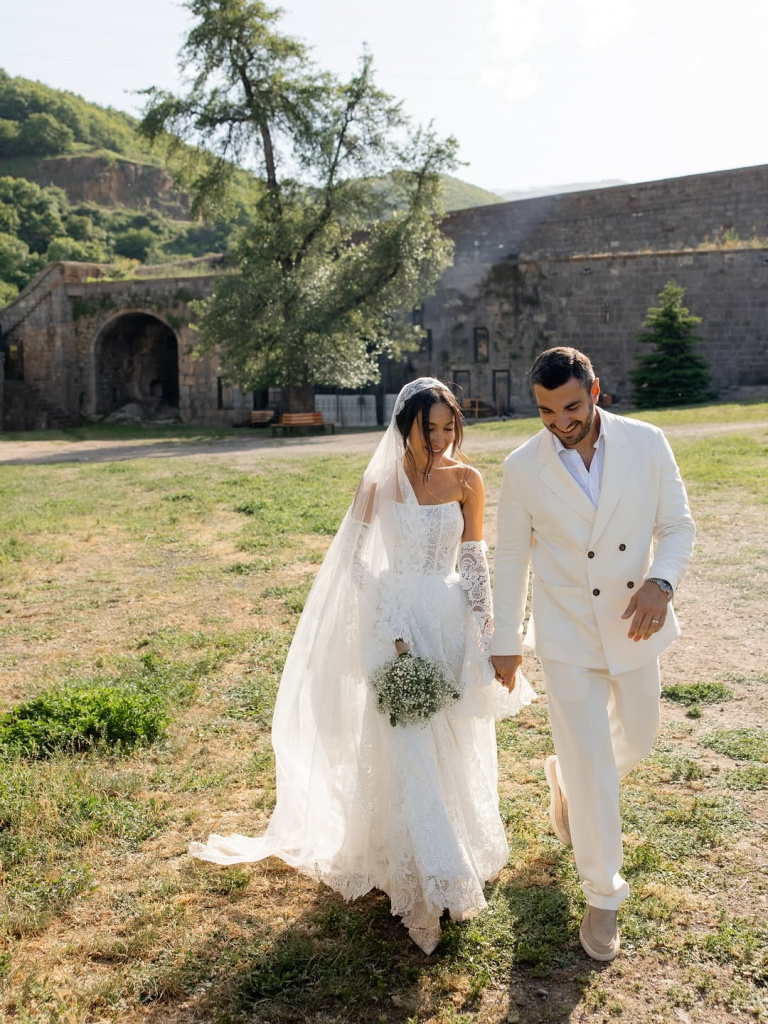

Both emotional and physical intimacy thrive when you feel safe being vulnerable with each other. Dr. Brené Brown, a research professor studying vulnerability, courage, and shame, states, "Vulnerability is the birthplace of love, belonging, joy, courage, empathy, and creativity."
Personal Growth
A secure relationship provides a stable base from which you can pursue your individual goals and interests. Psychologist Dr. Esther Perel explains, "The quality of our relationships determines the quality of our lives. Ironically, it is through connection to another that we become our fullest selves."
Resilience
Secure couples are better equipped to handle life's challenges, from everyday stressors to major life changes. Dr. Lisa Firestone, a clinical psychologist, notes, "Secure attachment helps us develop a resilience to stress and anxiety."
Positive Modeling
If you have children, a secure relationship sets a healthy example for their future relationships. Child psychologist Dr. Eileen Kennedy-Moore emphasizes, "Children learn about relationships by watching their parents. A secure parental relationship teaches children that love can be steady, reliable, and comforting."
Enhanced Overall Well-Being

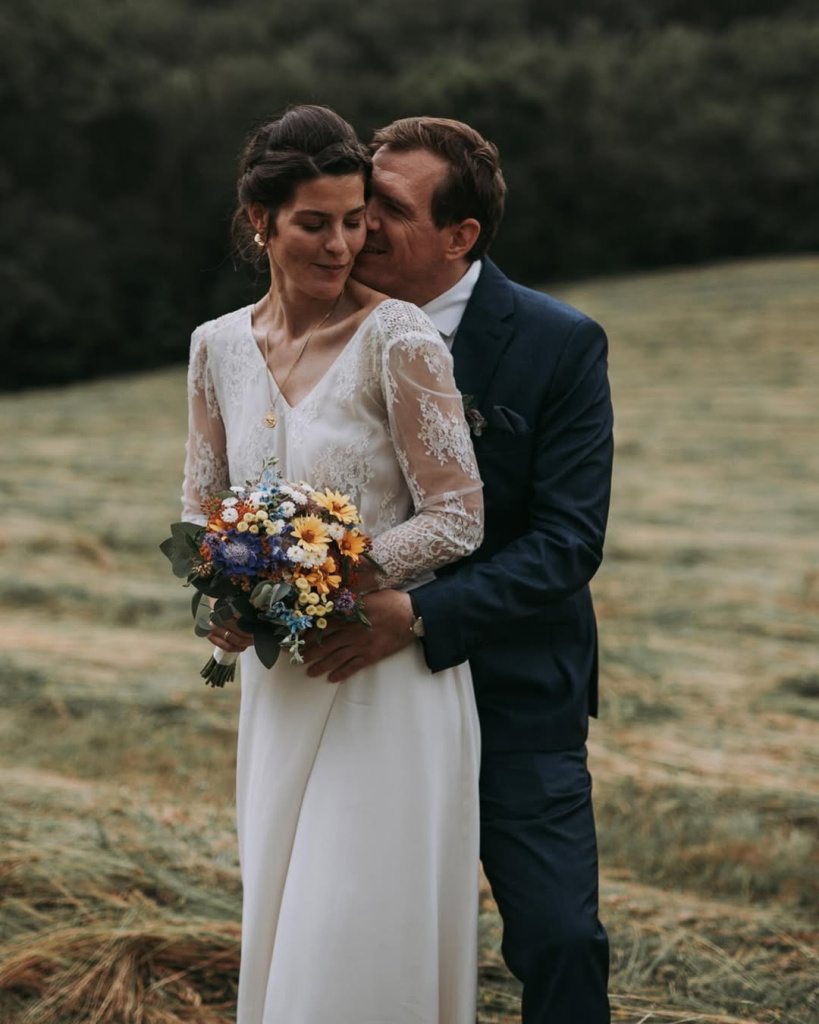
Research consistently shows that secure relationships contribute to better physical and mental health. Dr. Robert Waldinger, director of the Harvard Study of Adult Development, concludes from the longest-running study on happiness, "Good relationships keep us happier and healthier. Period."
Increased Relationship Satisfaction


When you feel secure, you're more likely to feel content and fulfilled in your relationship. Dr. Helen Fisher, a biological anthropologist, explains, "A secure partnership is linked to increased activity in brain regions associated with reward, motivation, and attachment."
Better Conflict resolution


Secure couples approach disagreements with the mindset of "us against the problem" rather than "me against you." Dr. Gottman's research shows that secure couples are more likely to use "repair attempts" during arguments, which help de-escalate conflicts.
Emotional Regulation
A secure relationship helps partners manage their emotions more effectively. Dr. Daniel Siegel, a clinical professor of psychiatry, states, "Secure attachments enable us to better regulate our emotions, leading to improved mental and physical health."
Experts agree that cultivating security in a relationship is not just beneficial, but essential for long-term happiness and satisfaction. Dr. Stan Tatkin, a couple therapist and neurobiology expert, sums it up well: "A secure-functioning relationship is based on true mutuality, meaning that both partners have each other's backs and operate on the principles of fairness, justice, and sensitivity."
In short, relationship security creates a positive cycle that strengthens your bond and improves your overall well-being. It's an investment in your shared future, providing a strong foundation for love, growth, and resilience in the face of life's challenges.


Signs of Security in Marriage


While every relationship is unique, there are some common signs that indicate a secure marriage. These signs often develop over time and with conscious effort from both partners. Here's how to feel secure in a relationship.
Mutual respect:
- You value each other's opinions and treat each other as equals.
- You speak to each other with kindness and consideration, even during disagreements.
- You make decisions together, considering both partners' needs and preferences.
Trust and transparency:
- You're open about your lives and don't feel the need to snoop or keep secrets.
- You feel comfortable sharing your phone or computer without fear.
- You're honest about your whereabouts and who you're spending time with.
Healthy independence:
- You support each other's individual interests and maintain your own identities.
- You have separate friends and hobbies, and this doesn't threaten your relationship.
- You can spend time apart without constant checking in or feelings of anxiety.
Emotional availability:
- You're there for each other during both good times and bad.
- You feel comfortable sharing your deepest fears, hopes, and vulnerabilities.
- You actively listen to each other without judgment or rushing to fix things.
Constructive conflict resolution:
- You fight fair and focus on solving problems, not attacking each other.
- You're able to take breaks during arguments and come back to resolve issues calmly.
- You validate each other's feelings, even when you disagree.
Physical and emotional affection:
- You regularly show love through words, touch, and thoughtful actions.
- You maintain a satisfying intimate life that meets both partners' needs.
- You engage in non-sexual physical affection, like hugs, hand-holding, or cuddling.
Shared goals and values:
- You're on the same page about important life decisions.
- You work together towards common dreams, whether it's buying a house or raising a family.
- You have similar core values and respect each other's beliefs.
Forgiveness and understanding:
- You're able to let go of minor annoyances and work through larger issues without holding grudges.
- You give each other the benefit of the doubt, assuming good intentions.
- You're willing to apologize sincerely and make amends when you've hurt each other.
Laughter and fun:
- You genuinely enjoy spending time together and can be silly with each other.
- You have inside jokes and shared experiences that bring you closer.
- You prioritize quality time together, whether it's date nights or everyday moments.
Support for personal growth:
- You encourage each other to pursue individual goals and dreams.
- You celebrate each other's successes without jealousy or competition.
- You help each other become the best versions of yourselves.
Consistent reliability:
- You follow through on your commitments to each other.
- You can count on each other for both practical and emotional support.
- Your words and actions align, creating a sense of predictability and safety.
Healthy boundaries:
- You respect each other's personal space and privacy.
- You have clear agreements about interactions with others, especially exes or potential romantic interests.
- You're comfortable saying "no" to each other when necessary, without fear of retaliation or abandonment.
Emotional security:
- You don't experience extreme jealousy or possessiveness.
- You feel confident in your partner's love and commitment, even during tough times.
- You don't constantly seek reassurance or validation from your partner.
Adaptability and teamwork:
- You face life's challenges together, presenting a united front.
- You're willing to compromise and find solutions that work for both of you.
- You adapt to changes in life circumstances together, supporting each other through transitions.
Open and honest communication:
- You discuss difficult topics openly, including finances, family issues, and future plans.
- You're comfortable expressing your needs and desires without fear of rejection.
- You actively work on improving your communication skills as a couple.
Remember, these signs develop over time. If you're not there yet, don't worry – security is something you can actively build together. It's normal for relationships to have areas of strength and areas for improvement. The key is to recognize where you're doing well and where you might need to put in some extra effort.







